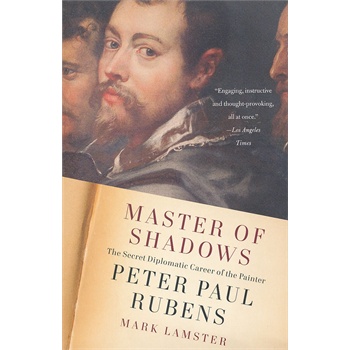Exploring the Theories of Peter Katzenstein: A Comprehensive Guide to His Impact on International Relations
Guide or Summary:Peter Katzenstein is renowned for his interdisciplinary approach, integrating insights from sociology, history, and political science to an……
Guide or Summary:
#### Description:
In the ever-evolving field of international relations, few scholars have made as profound an impact as Peter Katzenstein. His work has not only shaped academic discourse but has also influenced policy-making across the globe. This article aims to delve into the theories and contributions of Peter Katzenstein, providing a comprehensive overview that is both informative and engaging for readers interested in international relations, political science, and global studies.

Peter Katzenstein is renowned for his interdisciplinary approach, integrating insights from sociology, history, and political science to analyze complex global issues. His seminal works, such as "Small States in World Markets" and "A World of Regions," challenge traditional paradigms and invite scholars to reconsider the dynamics of power, identity, and culture in international relations.
One of the key contributions of Peter Katzenstein is his emphasis on the importance of non-state actors and the role of culture in shaping international politics. He argues that understanding the identities and interests of various actors—ranging from states to non-governmental organizations—is crucial for a nuanced analysis of global affairs. This perspective encourages a shift away from state-centric models, allowing for a more holistic understanding of international dynamics.
Moreover, Peter Katzenstein has extensively explored the concept of regionalism. His research highlights how regional identities and institutions can influence global governance and international cooperation. By examining case studies from Europe, Asia, and beyond, he illustrates how regional frameworks can serve as both a source of stability and a catalyst for conflict. This analysis is particularly relevant in today’s context, where regional tensions and alliances are increasingly shaping global politics.
In addition to his theoretical contributions, Peter Katzenstein is also known for his commitment to empirical research. His methodological rigor sets a standard for scholars in the field, emphasizing the importance of data-driven analysis in understanding international relations. Through his work, he has demonstrated that theory and empirical evidence must go hand in hand to develop robust insights into global issues.

Furthermore, Peter Katzenstein has been an influential mentor to a generation of scholars, fostering a collaborative environment that encourages innovative thinking and interdisciplinary research. His dedication to teaching and mentorship has left a lasting legacy, inspiring students to explore the complexities of international relations and pursue their academic passions.
In summary, the contributions of Peter Katzenstein to the field of international relations are both significant and far-reaching. His interdisciplinary approach, focus on culture and identity, exploration of regionalism, and commitment to empirical research make him a pivotal figure in contemporary political science. As scholars and practitioners continue to grapple with the challenges of a rapidly changing global landscape, the insights of Peter Katzenstein remain invaluable.
For those seeking to deepen their understanding of international relations, engaging with the works of Peter Katzenstein is essential. His theories not only provide a framework for analyzing current global issues but also encourage critical thinking about the future of international cooperation and conflict. Whether you are a seasoned scholar or a newcomer to the field, the insights of Peter Katzenstein offer a rich tapestry of ideas that can illuminate the complexities of our interconnected world.
